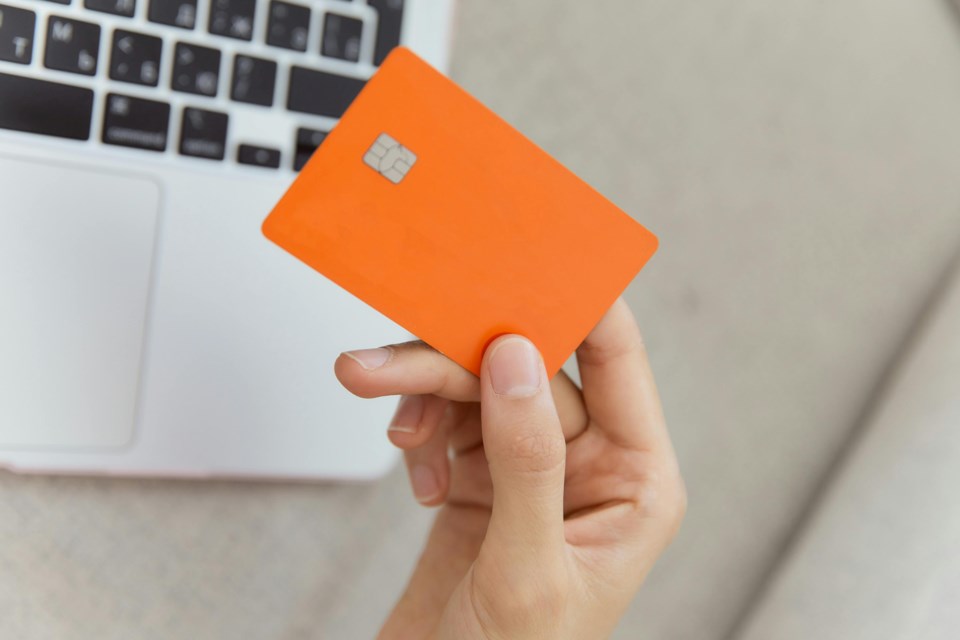As technology and the online world evolves, so do the threats and risks that come with using it.
By developing habits that will keep you safe online, you can easily avoid the dangers that are present in the online world and keep you and your personal data secure.
Choose secure websites and platforms
One of the easiest ways to fall victim to an online threat is by using websites that aren't secure or reliable. This is why it's so important to know how to check if a website or platform is safe. In your browser, your search bar can tell you whether or not it thinks a website is secure or not. As well, the presence of the padlock icon confirms that the site is secure.
Depending on what you're doing, you will need to know how to make sure your information is safe. With online casinos for example, you need to check if a platform is fully licensed and regulated. This is what ensures the platform is running legally and is protecting your personal information. Resources and tools like Bonus Finder can help you find these platforms. You can view their full list here.
When online shopping, try to use shops that are well-known. If you must use a lesser-known store and you're not sure if it is secure, a quick search online can tell you a lot about how reliable and secure it is.
Learn how to protect your privacy and data
You can't just rely on a website or platform to guarantee protection of your personal information. This is your sole responsibility, which is why it's important to know how to protect your privacy and data online.
This begins with being cautious about where you share your personal information. As a rule of thumb, try to avoid sharing information with anyone unless absolutely necessary. Consider what you're sharing online, even generic information about yourself, especially if you use that information when creating passwords for yourself.
Be aware of scams online, particularly in your text messages and email inboxes. Phishing attempts are extremely common and also can be very believable. This is when a scammer will pretend to mimic an official business like a bank, shop or online casino. In their message, they will try to gain access to your personal information. With these messages and emails, it's really important to report them as spam as well as avoid clicking on any links in the message. This can make you extremely vulnerable. If you're ever unsure about where a message has come from, contact the company directly. While this may be a little less convenient, it could end up saving a lot of trouble down the line.
Follow online security best practices
There is a lot of advice online when it comes to protecting yourself. Taking time to research the latest in cyber security and implement best practices when it comes to protecting yourself is essential.
- Secure your account:
Try to use strong and unique passwords when creating online accounts. Avoid using the same password for everything, as this can add a lot at risk if someone gains access to one of your passwords. If you're able to, always activate two-factor (or multi) authentication to add that extra level of security.
- Invest in security:
Install a reputable and reliable antivirus and internet security software. This will help to catch threats quickly and prevent further issues.
- Update software regularly:
Install regular updates on your software, browsers and devices to ensure they are fully up to date and are not leaving any open windows for threats. Updates often include security patches that protect against vulnerabilities.
- Backup your data:
This helps to protect you from losing your data if you experience a ransomware attack or even a hardware failure. Regular backups don't take very long, and by getting into the habit of doing it regularly, you can protect yourself from data loss
- Secure your Wi-Fi network:
Change the default password on your router and use WPA3 (or at least WPA2) encryption.
- Monitor your accounts:
Take a look at your activity on your online accounts. This can help you identify an issue (if there is one) early on. When it comes to cyber threats, the earlier you catch them, the better.
- Keep up to date:
Online security is always changing to ensure it can protect you effectively. Which is why you need to stay up to date. This will ensure you're fully equipped to protect yourself and are able to identify the latest risks.



